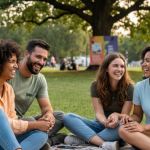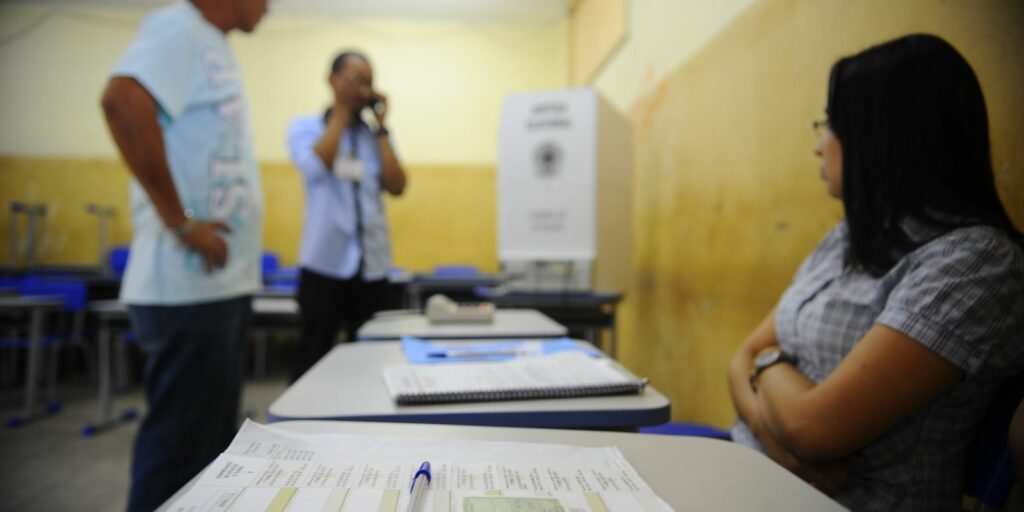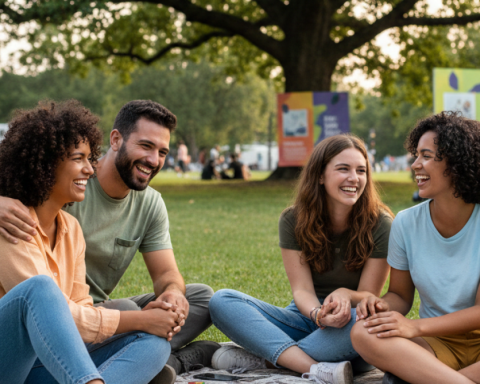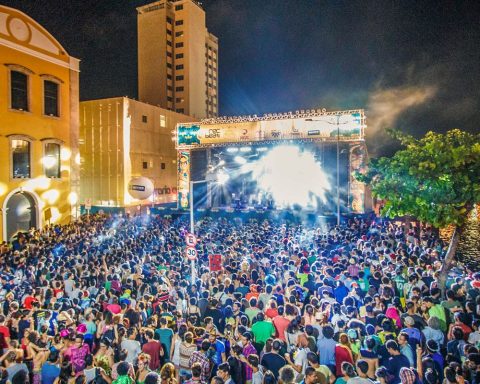October 1, 2022, 8:55 AM
October 1, 2022, 8:55 AM
Mark Twain, who lived to be 75, once said he got all the exercise he needed by acting as a pallbearer at the funerals of friends who exercised regularly.
Or perhaps those words were from Senator Chauncey Depew, who has died at the age of 94.
In any case, although not everyone expresses it with such grace, they are not the only ones who, throughout history, have not been very akin to exercise.
And it’s not uncommon, he told The Harvard Gazette Daniel Lieberman, paleoanthropologist at Harvard University and author of “Exercise.”
We are programmed to avoid unnecessary efforts, not for triathlons or treadmills.
It is a myth that it is normal to exercise
The human being, he points out, never evolved to exercise and, from a scientific point of view, it is a strange activity.
That is, although we evolved to move, to be physically active, “exercise is a particular type of physical activity: is voluntary physical activity for the sake of health and fitness.”
That’s a new invention, he stressed (note that ‘new’ is relative: Lieberman’s everyday life includes the Stone Age).
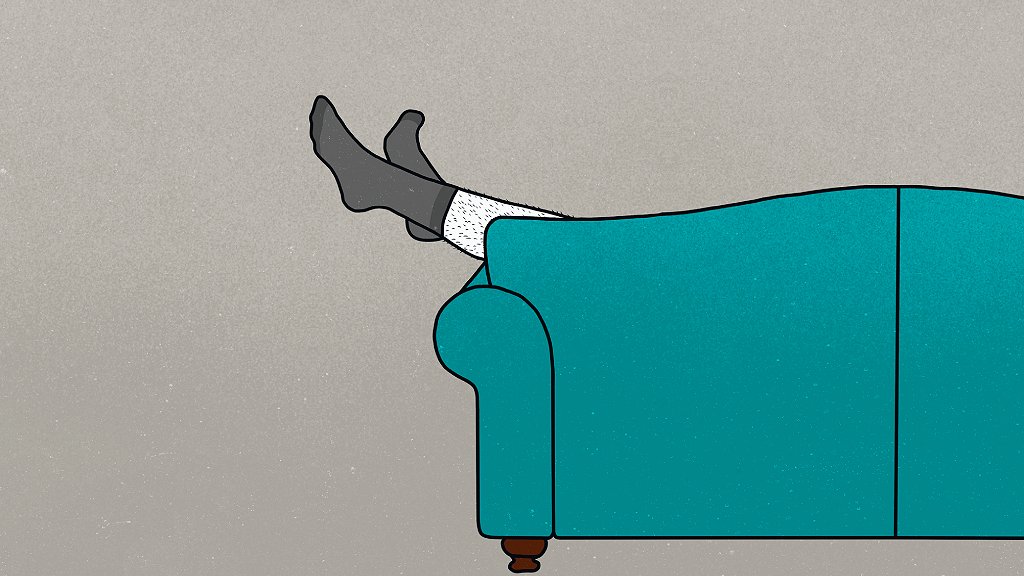
It would be unreasonable, for example, for a hunter or subsistence farmer to expend extra energy unnecessarily jogging 8 kilometers in the morning: he would lose valuable calories that he requires for priority activities.
“We have these very ingrained instincts to avoid unnecessary physical activity,” explains the paleoanthropologist.
Today, however, “we judge people to be lazy if they don’t exercise. But they’re not lazy. They’re just normal.”
But that does not mean that exercise is not very beneficial; it only explains why it is so hard for so many of us to do enough.
And Lieberman thinks understanding it can help us do more.
“Since medicalizing and commercializing exercise is obviously not working, I think we might be better off thinking like evolutionary anthropologists.”
Luckily, that’s exactly what he is, so here are four of his recommendations:
1. Don’t be mad at yourself
Do not feel bad for not wanting to exercise, your instinct is not to do more than necessary.

But we are also rational beings.
We are aware that we are building a world that has benefited us immensely but, since it no longer forces us to be physically active, it has put our health at risk.
It is a world in which it became necessary to do more than necessary.
Countless studies have shown it.
If we learn to recognize those instincts, we can more easily overcome them, says Lieberman.
“When I get up in the morning to go for a run, it’s often cold and miserable, and I don’t feel like exercising. My mind gives me all kinds of reasons why I should put it off. Sometimes I have to force myself to go out for the door.
“My point here is to be compassionate with yourself and understand that those little voices in your head are normal and that everyone, even ‘exercise addicts,’ struggles with them.
“A key to exercising is overcoming them.”
2. Do not forget two things
There are only two reasons why we evolved to be physically active: to meet needs and to gratify ourselves socially.

“Most of our ancestors went out hunting or gathering every day because otherwise they would starve.
“The other times they were physically active was during fun activities like dancing and playing games.”
For them, as well as for us, fun brought social benefits.
After years of studies, the paleoanthropologist advises having that same mentality regarding exercise.
“Make it fun, but also make it necessary”.
And one of the best ways to achieve both goals is to make physical activity a social activity, for example by joining a running group.
“The obligation will make it fun, social and necessary.”
3. Don’t worry so much
“The final anthropological approach that can help is not worrying about how long and how much exercise is needed,” Lieberman suggests.
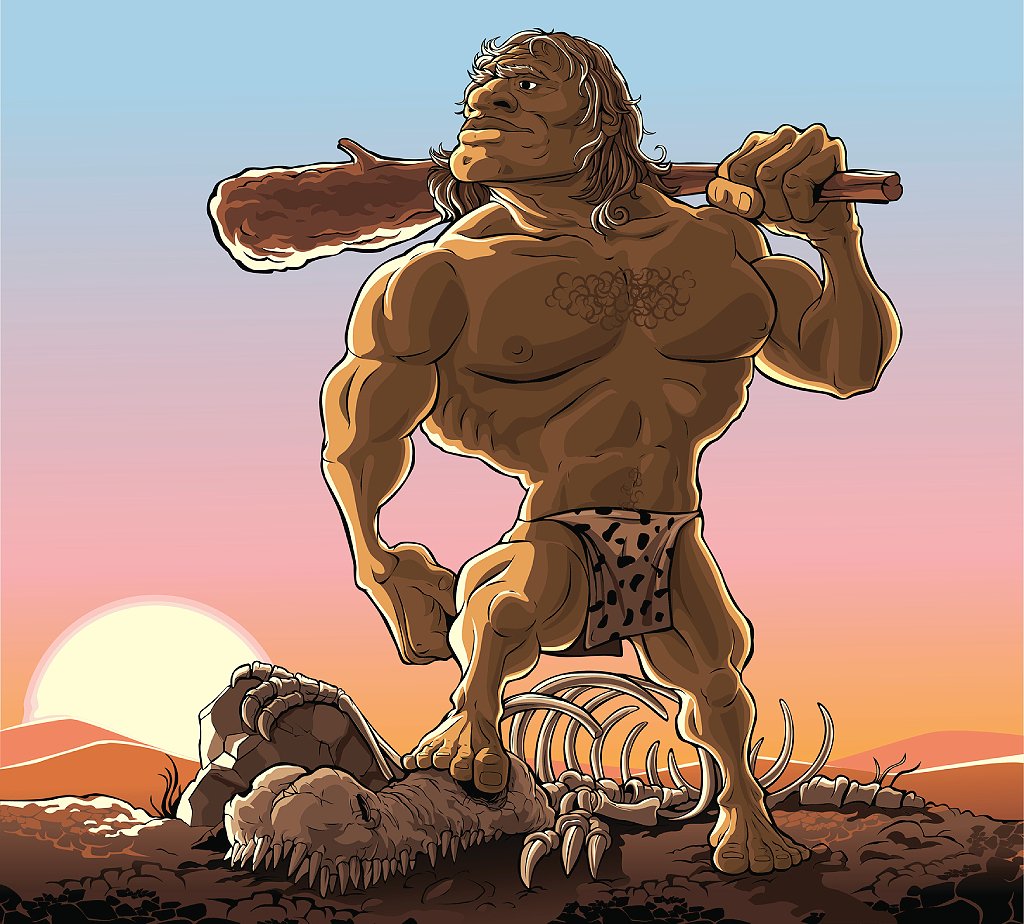
He points out that we have this image that our ancestors were really incredibly strong… after all, they had to lift giant rocks and hunt heavy beasts.
But the expert assures that that is far from true.
“Our ancestors were reasonably, but not excessively, active and strong.
“They also didn’t run every day, or regularly; they probably did it once a week or something like that.”
What’s more, you don’t have to go so far back in the past to find out, as there are still peoples with similar lifestyles.
“Typical hunter-gatherers engage in only about 2¼ hours a day of moderate to vigorous physical activity.
“They are not extremely muscular and spend as many hours sitting as we do, almost 10 a day.”
The message is that, although there are recommended minimums, a little physical activity is enormously healthy.
“Knowing that, I think, can help people feel better for get at least some exercise rather than none“.
Studies show that 150 minutes of exercise a week – 21 minutes a day – reduces death rates by about 50%, he adds.
But it is crucial not only to do it but also…
4. Do not stop doing it
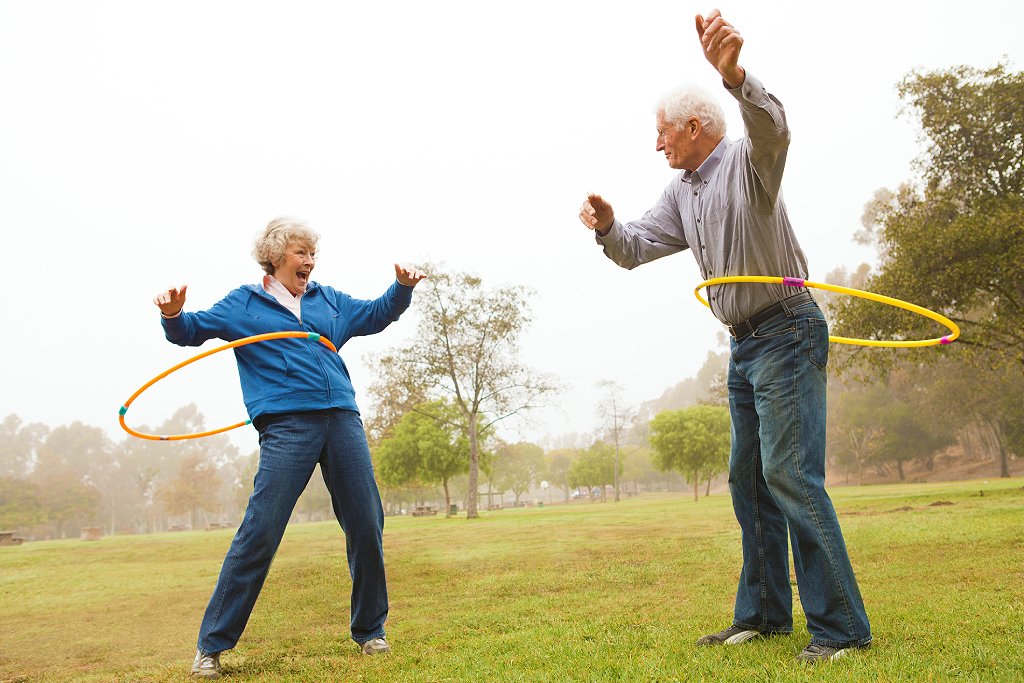
“We invented the concept of retirement in the modern Western world, and along with that, the notion that once you hit 65, it’s normal to take it easy.”
However, “we evolved to be physically active throughout life.”
That activity, in turn, helps us live longer and stay healthy as we age.
“This is because physical activity activates a wide range of repair and maintenance mechanisms that counteract the effects of aging,” he explains.
One proof of this is today’s hunter-gatherers, who tend to live almost as long as their counterparts in Western industrialized societies.
The difference, he points out, is that your “health expectancy” (the number of healthy years of life) almost matches your life expectancy, whereas in industrialized societies, it is common to fear that one will spend years incapacitated before dying.
“As people age in the West, they tend to lose a lot of strength and power, and that makes basic tasks harder. And when that happens, people become less active. When they become less active, they become less fit.
“It’s a really disastrous vicious circle“.
So overcome your instincts, even if your mind is reluctant to help you, and keep moving, even if it’s no longer necessary.
And if exercise bores you, do as in the Stone Age: start dancing!
Remember that you can receive notifications from BBC World. Download the new version of our app and activate it so you don’t miss out on our best content.






